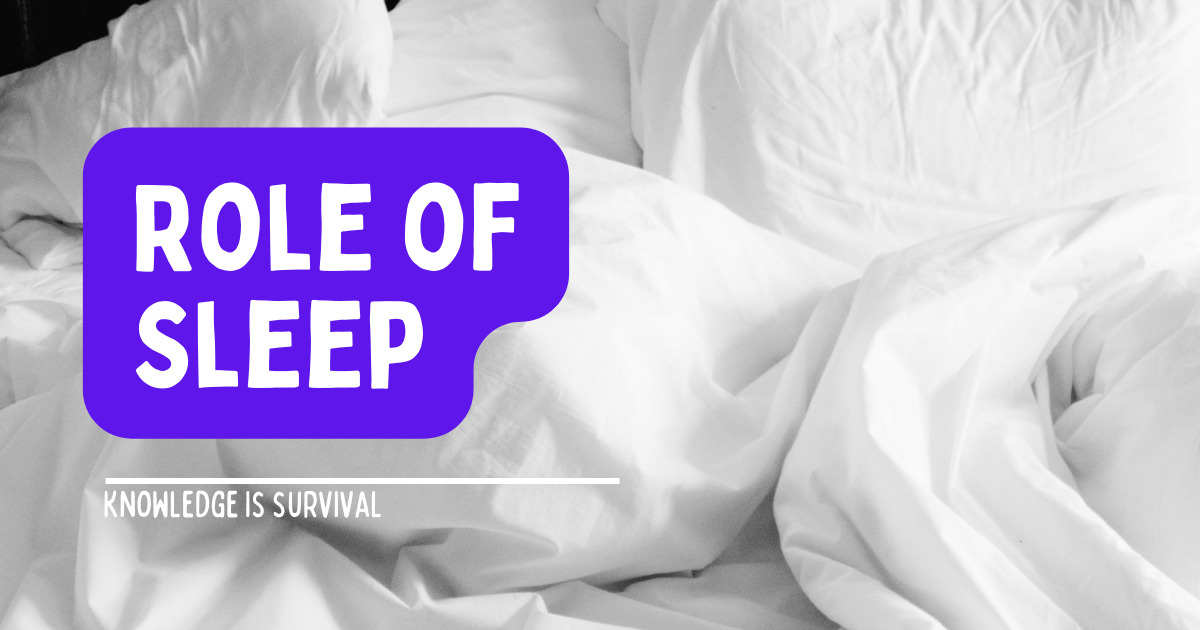Sleep is a vital component of human life. It helps us to recharge our batteries, process information and emotions, and maintain good physical health. However, sleep becomes even more critical when it comes to surviving extreme circumstances such as natural disasters or military combat situations.
In these high-stress environments, individuals must perform at their best despite the challenges they face. This requires adequate rest and recovery time to function optimally under pressure.
One of the most significant roles that sleep plays in survival is its ability to help regulate mood and emotional stability. Sleep deprivation can lead to increased irritability, anxiety, depression and other negative mental states, impairing decision-making abilities.
Additionally, lack of sleep has decreased cognitive functioning, including attention span and reaction times, which are crucial skills for survival scenarios where quick thinking may be required.
Furthermore, getting enough quality sleep also boosts immune system function, helping individuals fight off infections or illnesses that could compromise their health during extreme circumstances like war zones or disaster areas where medical care may not be readily available.
Another important role that sleeps plays in surviving extreme circumstances is its ability to aid physical recovery from injuries sustained during combat or natural disasters. During deep stages of non-REM (Rapid Eye Movement) sleep, the body releases growth hormones which stimulate tissue repair processes allowing wounds to heal faster than if an individual were deprived of proper restorative rest periods.
Finally, yet importantly, getting enough quality shut-eye also reduces stress levels by lowering cortisol production – a hormone associated with heightened anxiety levels – thus enabling people facing difficult conditions to cope better emotionally while focusing on achieving their goals regardless of how tough things might seem at first glance.
Prioritizing Rest in Extreme Disasters: Balancing Family Needs and Safety
- Establish a family emergency plan: Create an emergency plan that includes rest periods for the overall strategy. Discuss with your family members their needs during extreme disasters and how they can be met.
- Identify safe spaces for rest: In case of evacuation, identify safe spaces where you and your family can take adequate rest breaks without compromising safety or security.
- Stock up on supplies: Make sure to stock up on essential supplies such as food, water, medication, blankets, and other items that will help you and your family stay comfortable during extended periods of rest.
- Rotate responsibilities: Assign different roles to each family member so everyone can take breaks when needed. This way, no one person is responsible for everything all the time.
- Take care of mental health: Extreme disasters can be traumatic experiences for families; it’s important to prioritize mental health by taking regular breaks from stressful situations and engaging in activities that promote relaxation and stress relief.
- Stay informed about recovery efforts: Keep yourself updated on recovery efforts in your area so you know when it’s safe to return home or move on to another location if necessary.
- Seek support from community resources: If available, seek support from local community resources such as shelters or disaster relief organizations which may provide additional assistance with resting areas or other necessities during extreme disasters.
Closing remarks
In conclusion, sleep remains essential for anyone looking forward to surviving any challenging situation. It’s, therefore, paramount for individuals who want success in these environments to prioritise adequate rest periods in their daily routines to not compromise their physical and mental well-being.

